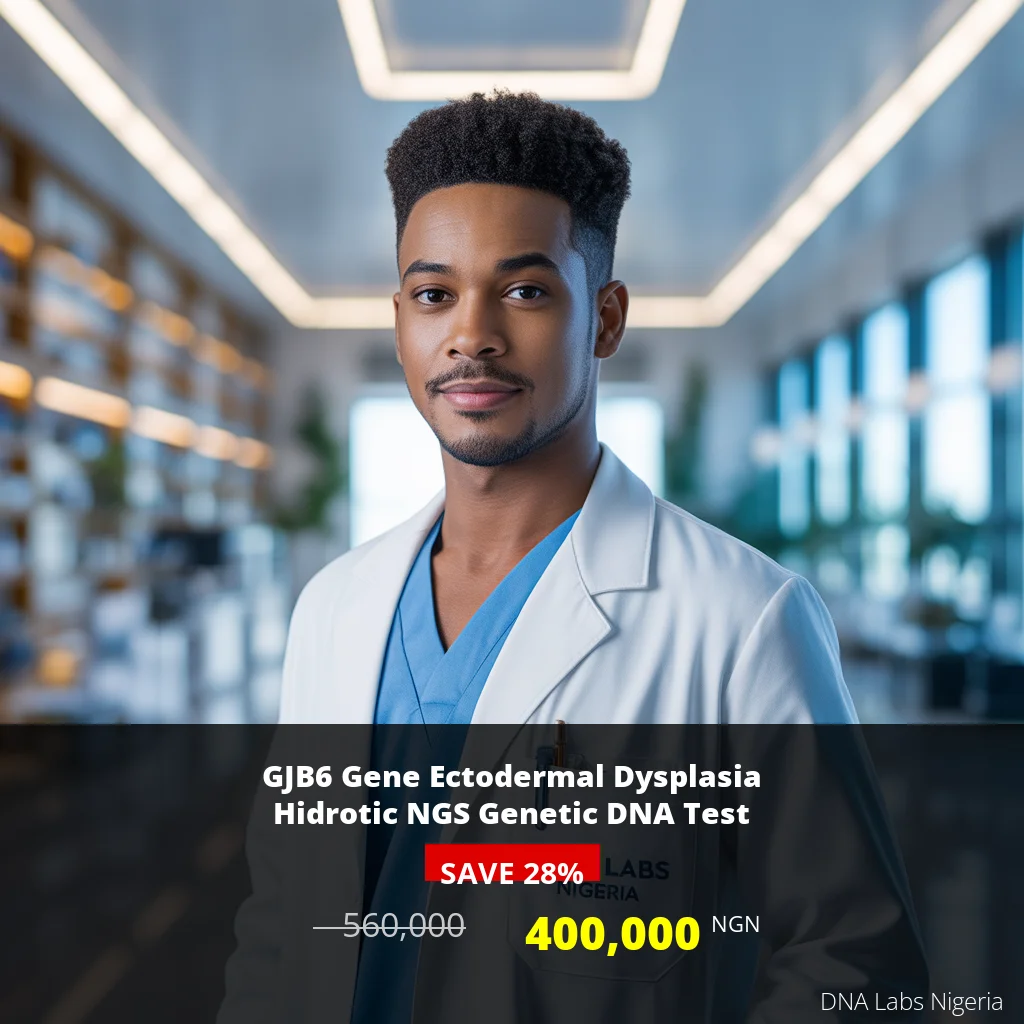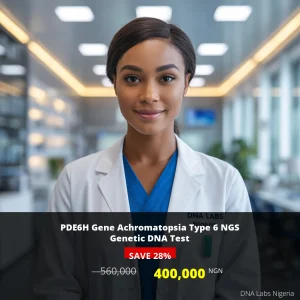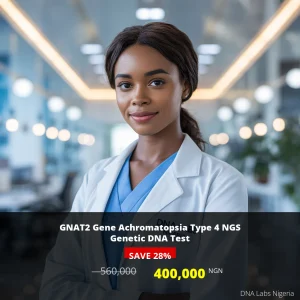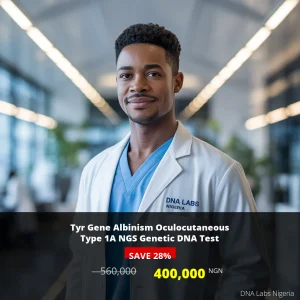GJB6 Gene Ectodermal Dysplasia Hidrotic NGS Genetic DNA Test
Introduction to the Test
The GJB6 Gene Ectodermal Dysplasia Hidrotic NGS Genetic DNA Test is a specialized genetic test that aims to identify mutations in the GJB6 gene, which are linked to ectodermal dysplasia. This condition affects the development of skin, hair, nails, and sweat glands, leading to various dermatological issues. Understanding your genetic predisposition can help in early diagnosis and management of these conditions.
What the Test Measures
This test measures the presence of mutations in the GJB6 gene using Next-Generation Sequencing (NGS) technology. It provides comprehensive insights into genetic alterations that may contribute to ectodermal dysplasia, allowing for a better understanding of the condition.
Who Should Consider This Test
Individuals with a family history of ectodermal dysplasia, dermatological symptoms such as abnormal skin, hair, or nail development, or those experiencing unexplained symptoms related to sweat gland function should consider this test. Risk factors may include a known family history of genetic disorders.
Benefits of Taking the Test
- Early detection of genetic predisposition to ectodermal dysplasia.
- Informed decision-making regarding treatment options.
- Genetic counseling for affected family members.
- Understanding the risk of passing on genetic disorders to offspring.
Understanding Your Results
Results from the GJB6 Gene Ectodermal Dysplasia Hidrotic NGS Genetic DNA Test will be provided in a detailed report. A positive result indicates the presence of mutations linked to ectodermal dysplasia, while a negative result suggests the absence of these mutations. It is essential to discuss your results with a healthcare professional or genetic counselor to understand their implications fully.
Test Pricing
| Test Name | Discount Price | Regular Price |
|---|---|---|
| GJB6 Gene Ectodermal Dysplasia Hidrotic NGS Genetic DNA Test | 400,000 NGN | 560,000 NGN |
Book Your Test Today!
Don’t wait to understand your genetic health. Book the GJB6 Gene Ectodermal Dysplasia Hidrotic NGS Genetic DNA Test today! For inquiries or to schedule your appointment, call or WhatsApp us at +2348110567037.
Turnaround time for results is approximately 3 to 4 weeks. Please ensure to provide a clinical history during your appointment and consider a genetic counseling session to draw a pedigree chart of family members affected by the GJB6 gene.







